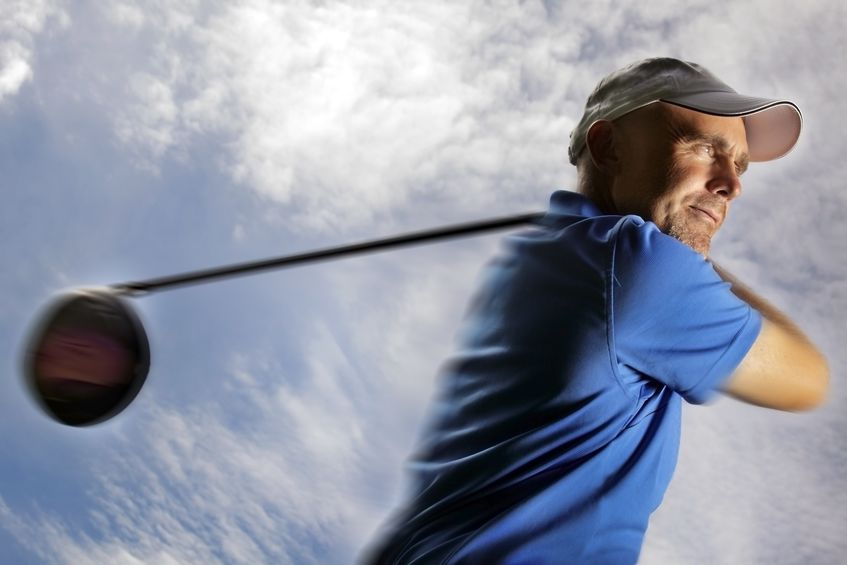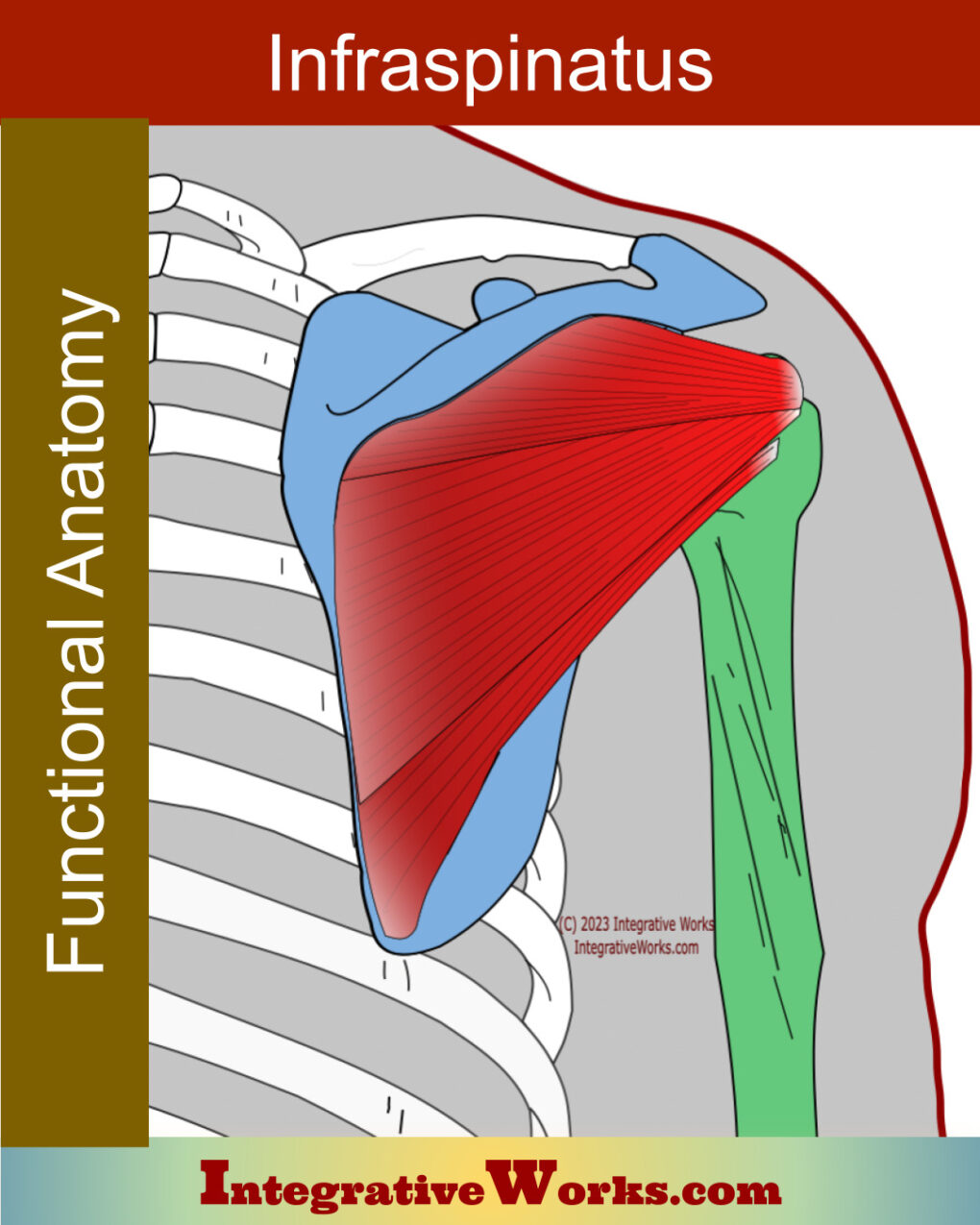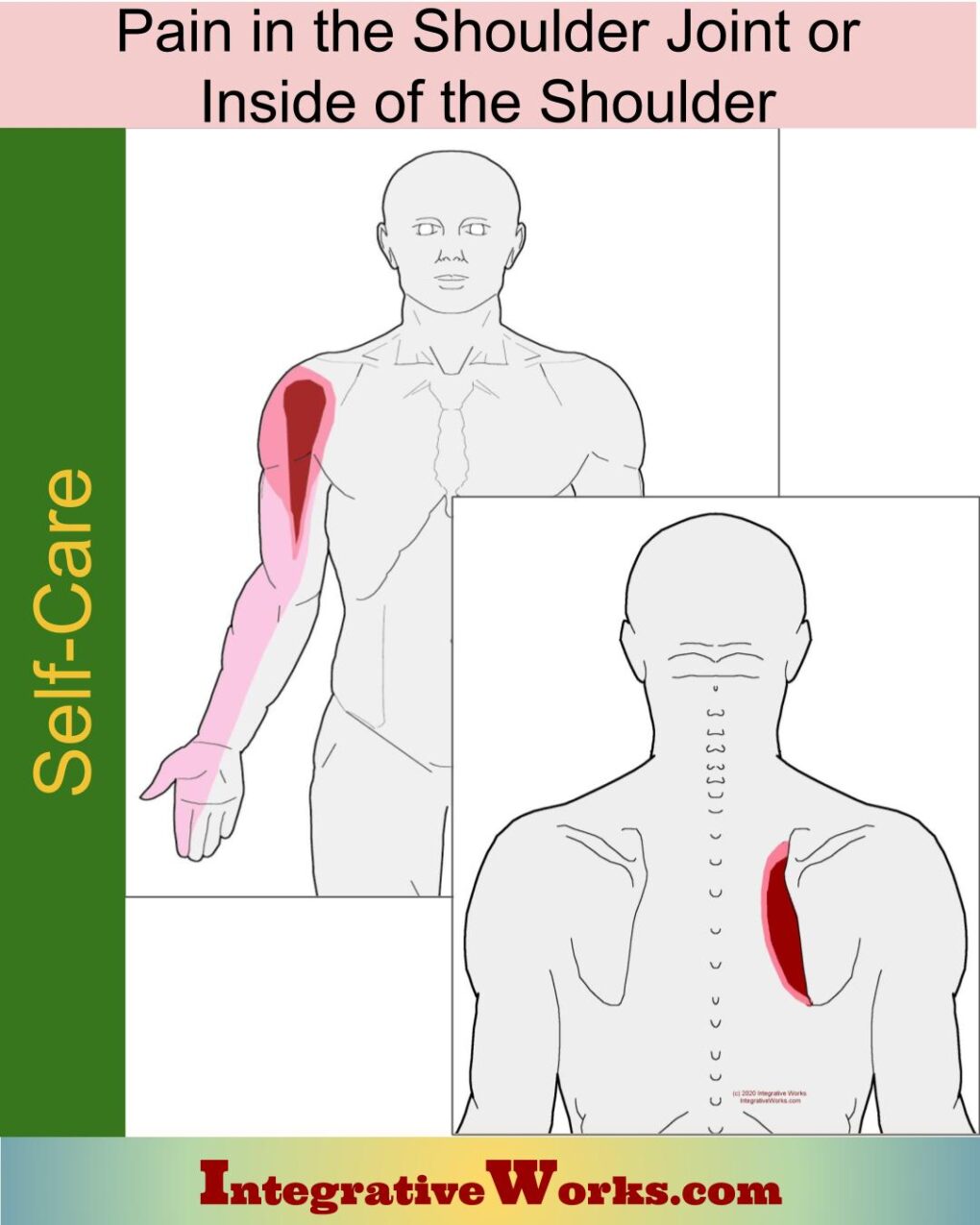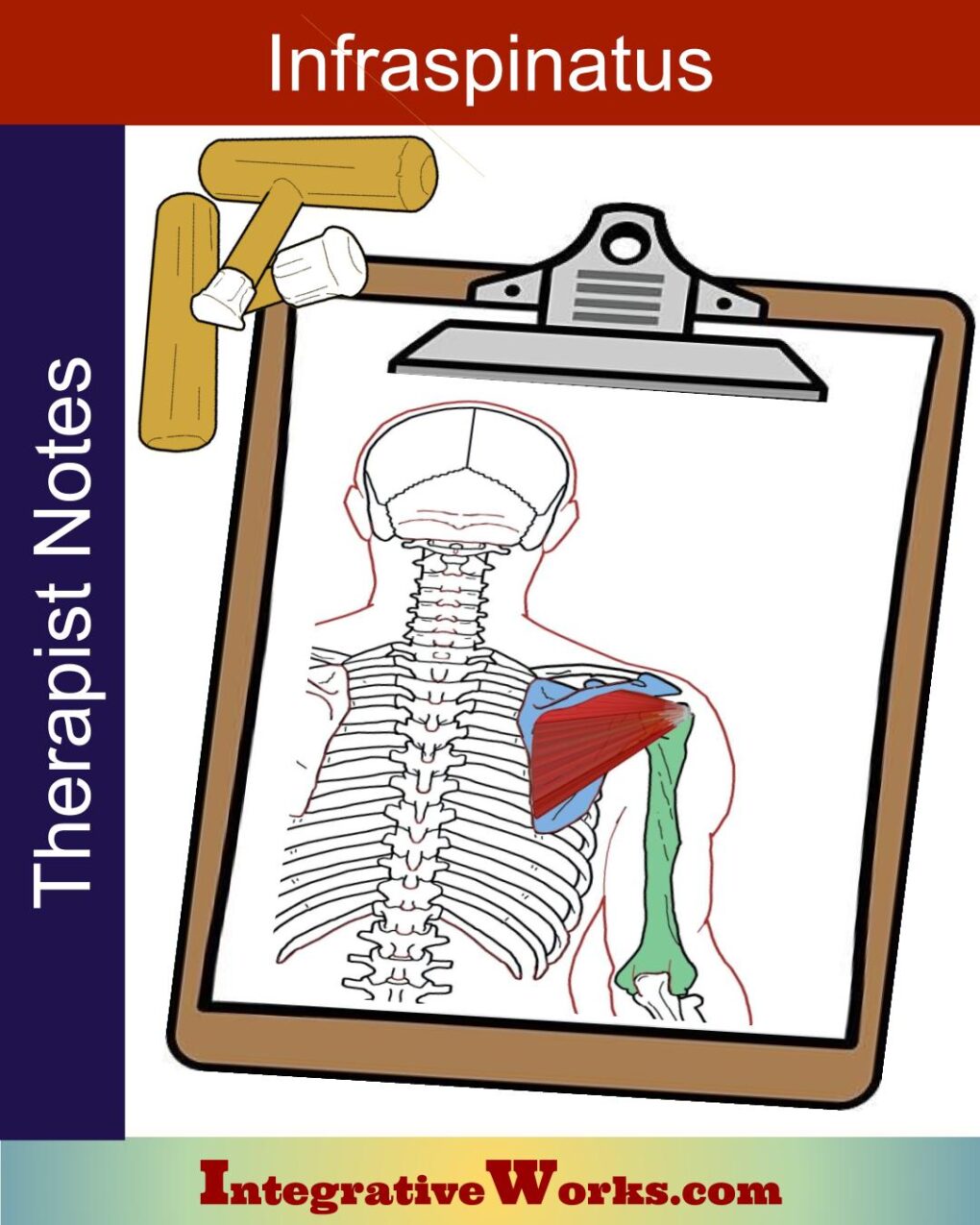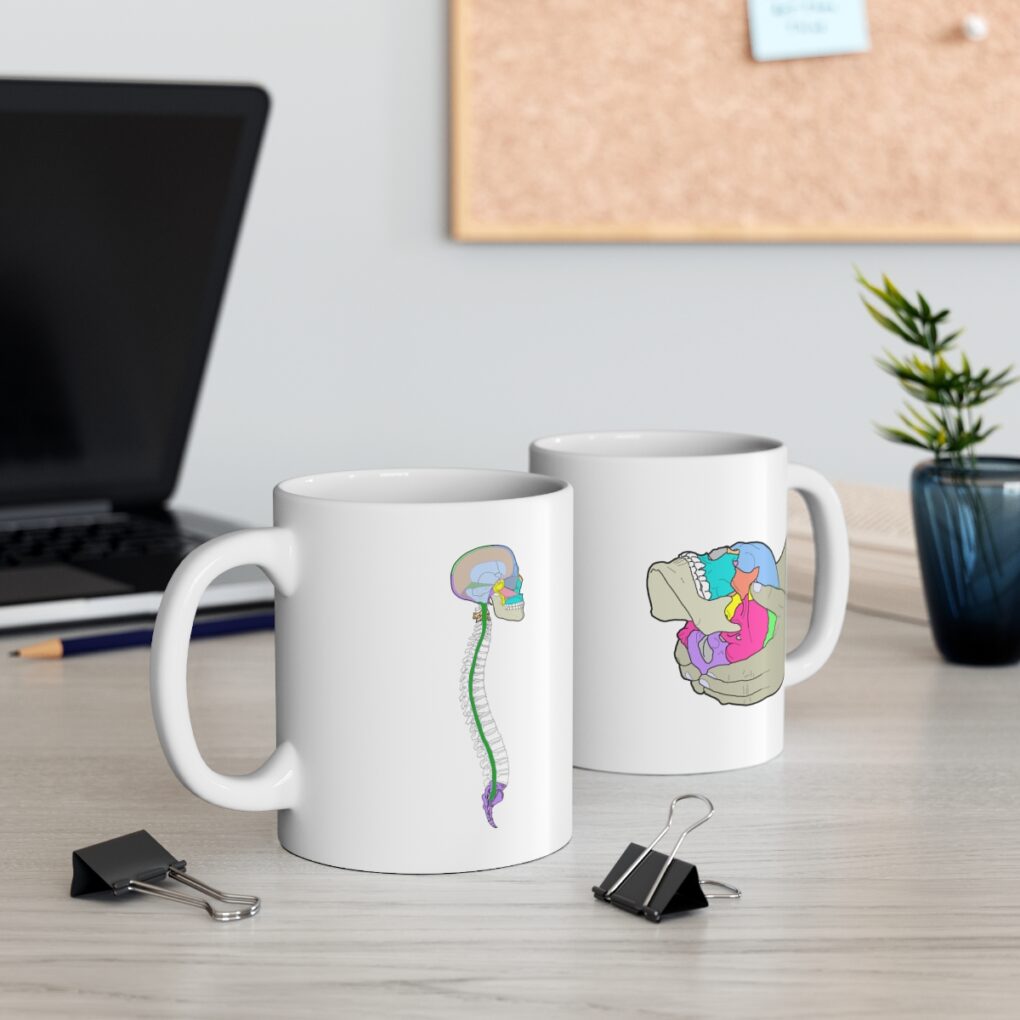Table of Contents
- How People Describe This Pain Pattern
- How You Activate and Intensify This Pain Pattern
- Self-Care – Getting Relief on Your Own
- Musculoskeletal Anatomy Behind Your Pain
- Therapy Notes for Massage and Bodywork
How People Describe This Pain Pattern
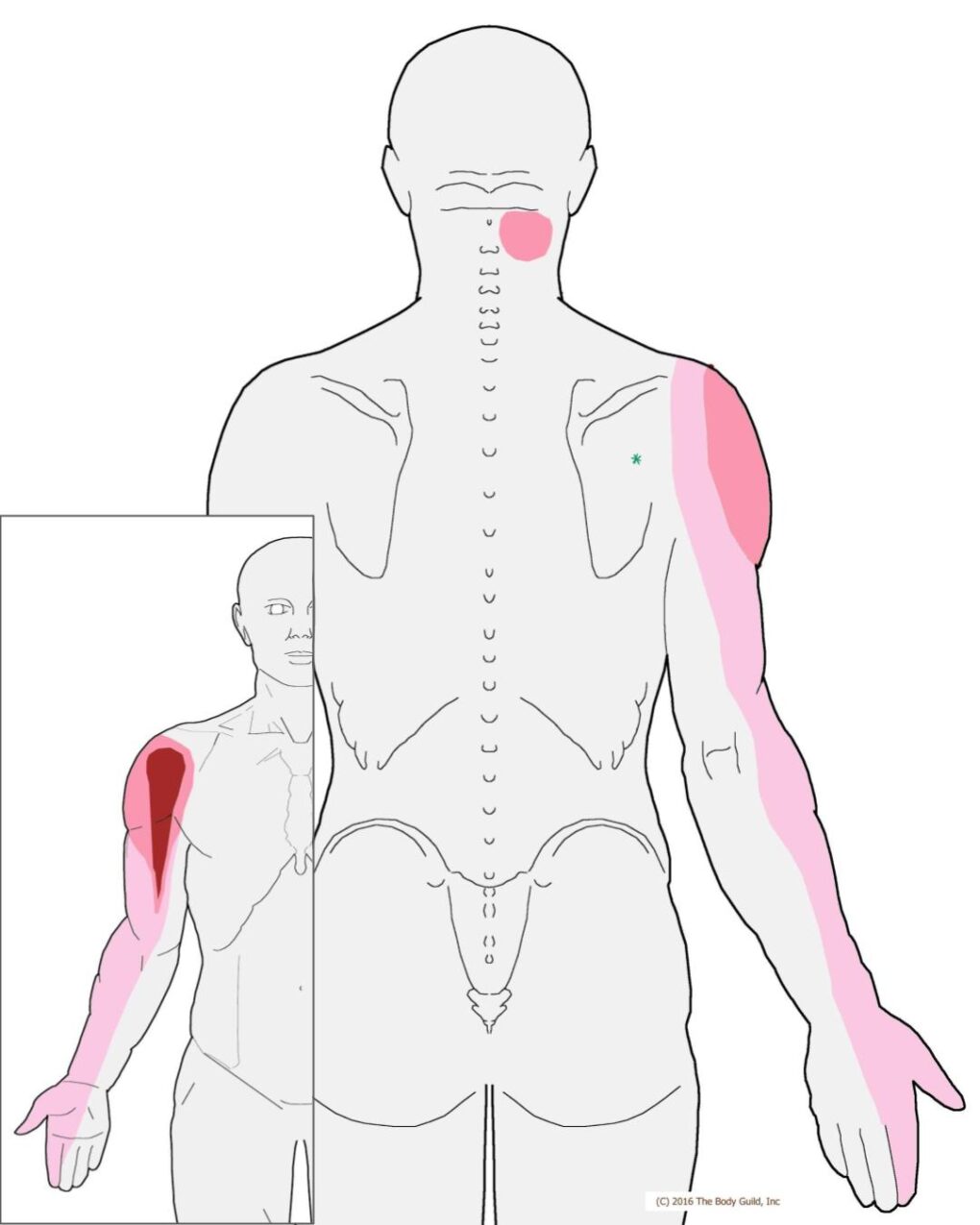
Shoulder Pain During Swing
Patients complain about pain in the shoulder occurring at the end of their golf swing. When I ask them to demonstrate, they slowly go through the golf swing, pausing a little extra at the end to produce the pain. Sometimes they will not get the pain unless they make the motion fairly quickly.
Usually, illustrations show this pain as happening in the front. However, most patients say that it feels like it is in the joint in the back of the shoulder at the end of the golf swing.
Weakened Grip
When acutely aggravated, the pain extends down the arm and can weaken the grip. This weakness may cause the club to fly out of their hand at the end of the swing. These people may also fumble their coffee cup or cocktail at the clubhouse.

Neck Tension
There is usually a complaint of tension in the top of the neck when asked, but then the patient will dismiss this as “nor mal pain.” Also, they commonly have some stiffness in their back that limits the golf swing and forces them to extend the shoulder around a little more at the end.
Some patients complain of pain in the shoulder when starting their swing, but it isn’t as common. They have typically learned to slow their wind up, especially at the beginning of their game. Many of them have a set of exercises that their therapist gave them to warm up for golf. These exercises offer temporary relief but don’t fix the shoulder.
Don’t Ignore This
By the way, this is a rotator cuff problem, and you should get some bodywork. Don’t just stretch it out before every game or “tough it out.” This problem usually gets more disabling and expensive to handle. An experienced massage therapist or physical therapist can help you.
How You Activate and Intensify This Pain Pattern
Sleep Position
The patient might additionally complain about pain in the shoulder while sleeping. Much of the time, if the person is complaining about the golf swing, then we’ll find that their sleeping position has been adjusted to avoid the shoulder pain created by this trigger point.
Reaching Behind
The situation may also be aggravated by reaching to the back seat to tend to a child or to retrieve a bag from the floorboard. Reaching back to tuck in the shirt or fasten a bra usually hurts as well. We then learn to put on a shirt or jacket without reaching back too far.
The self-care post has more ideas on what you should do to care for this.
The Musculoskeletal Anatomy Behind Your Pain
Musculoskeletal Anatomy
This post on anatomy contains standard information about the origin, insertion, function, and innervation of muscles. Additionally, it includes information on functional considerations and anomalies.
Find Related Posts
Anatomy posts have a grid of all related posts. This includes posts on pain patterns, self-care, therapy notes, NMT protocols, cranial techniques, and cases.
Getting Relief on Your Own
Clinically Proven
Self-Care Strategies
Self-Care Posts have common sections to make them easy to follow and understand:
- Activities to Avoid or Change
- Strategies for Quick Relief
- Stretches and Exercise for Longer-Lasting Relief
- Yoga Corner
Therapy Notes for Massage and Bodywork
Better Bodywork
Through Shared Expertise
Therapy Notes provide details for cranial, spinal, and local joint work. These notes also link to a traditional neuromuscular protocol.
By treating integrative components first, direct work on the muscle becomes less intense while providing longer-lasting relief.
Support Integrative Works to
stay independent
and produce great content.
You can subscribe to our community on Patreon. You will get links to free content and access to exclusive content not seen on this site. In addition, we will be posting anatomy illustrations, treatment notes, and sections from our manuals not found on this site. Thank you so much for being so supportive.
Cranio Cradle Cup
This mug has classic, colorful illustrations of the craniosacral system and vault hold #3. It makes a great gift and conversation piece.
Tony Preston has a practice in Atlanta, Georgia, where he sees clients. He has written materials and instructed classes since the mid-90s. This includes anatomy, trigger points, cranial, and neuromuscular.
Question? Comment? Typo?
integrativeworks@gmail.com
Follow us on Instagram
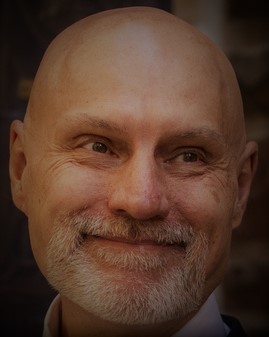
*This site is undergoing significant changes. We are reformatting and expanding the posts to make them easier to read. The result will also be more accessible and include more patterns with better self-care. Meanwhile, there may be formatting, content presentation, and readability inconsistencies. Until we get older posts updated, please excuse our mess.

